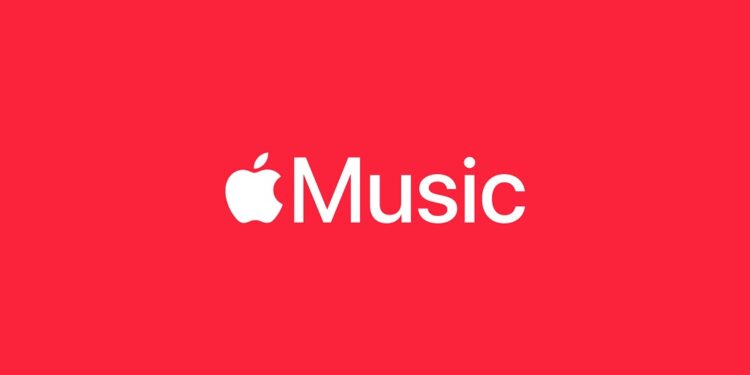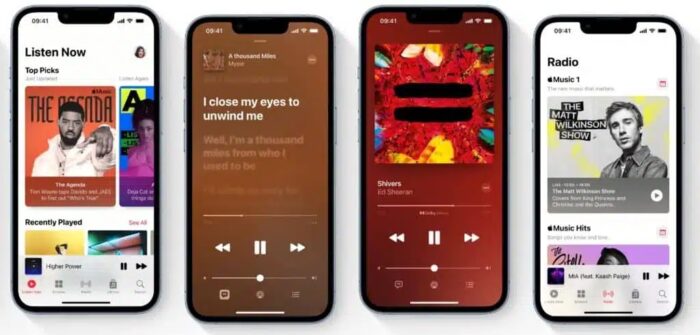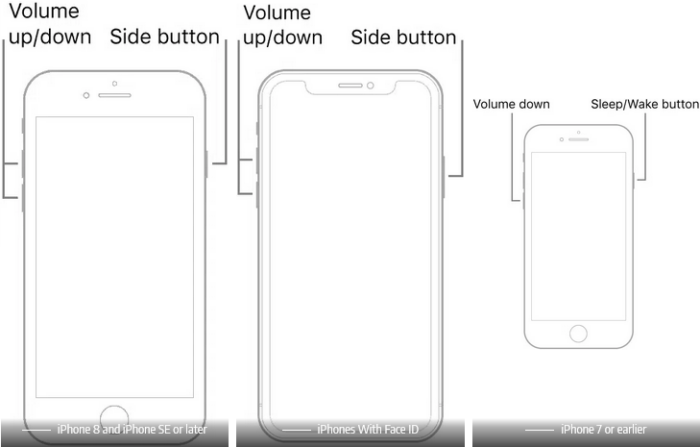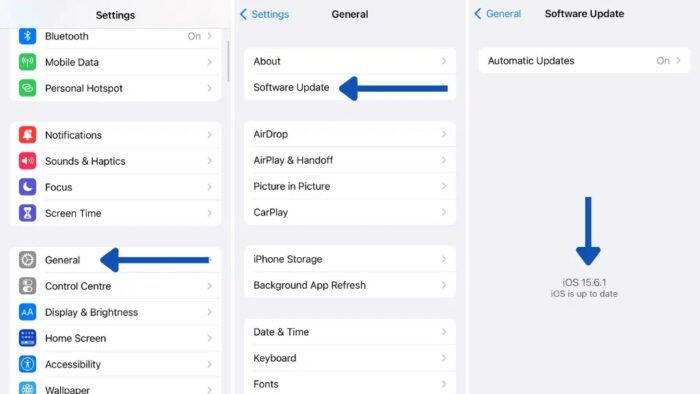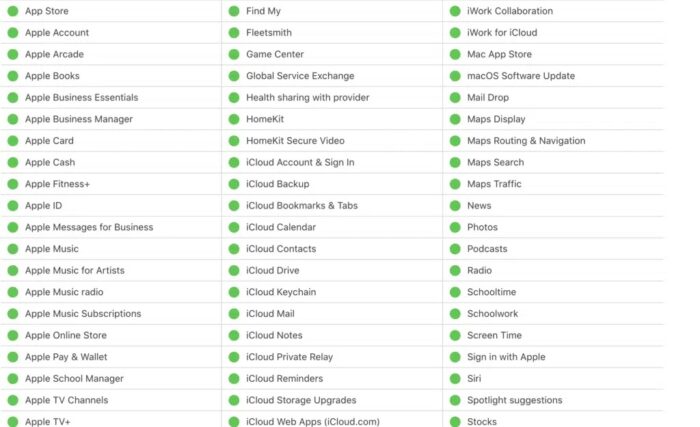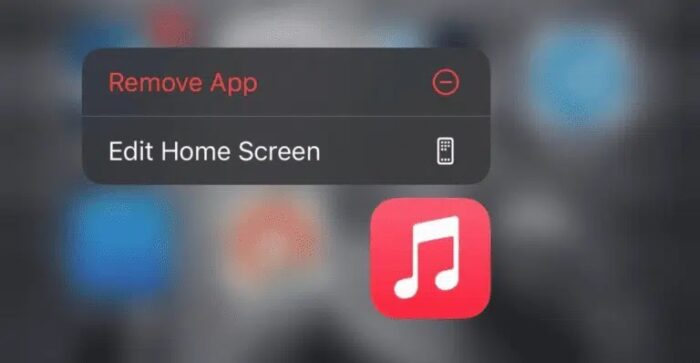Apple Music, like any other streaming service, is a touch slow at times. Regarding responsiveness, the app seems last-gen, and the stability is abysmal. Nonetheless, it has thrived in a market dominated by behemoths such as Spotify and YouTube Music. Is Apple Music that slow, or is there a way to speed it up? Let us investigate!
Why Is Apple Music So Slow?
Any app slowing down is generally a result of the operating system it is running on. If the platform is slow, it stands to reason that the app would be slow as well. Not exactly. Particular conditions might cause iOS, iPadOS, or any other Apple-related operating system to become slow, and most point to temperatures. There’s more to it than the device hardware, particularly when most app architecture is hosted in the cloud. Sending and receiving fetch requests assumes time, and depending on the server’s speed and load capacity, the app may seem slow. Combine it with Apple’s incompatible audio standard, and you have a recipe for catastrophe!
Slow Apple Music: What’s At Fault?
Consider this momentarily: would a trillion-dollar tech behemoth have server load issues? It’s conceivable but not likely. Continuing along this line of thought, music files are generally data-heavy. If we assume that Apple Servers are doing their best, the problem is somewhere between that connection. Apple operating systems are designed to give a unique user experience. However, whether it’s gaming music or a lifestyle tune, that ‘experience’ doesn’t have to be a nice one, particularly if your gadgets aren’t using bandwidth to their full potential. Apps that use a lot of bandwidth, like Apple Music, start slowing down. While the increase in speed is minor for most, you may suffer delays and even freezes, depending on your luck.
How To Fix ‘Why Is Apple Music So Slow’ Issue?
It’s time to eliminate the issue now that we’ve identified the true source. Unfortunately, the computer industry isn’t a stroll through a flower garden – although it could be. Most individuals do not like walking across a field of thorns. As a result, here is a list of every imaginable strategy you may take to ensure you never have to exclaim, “Why is Apple Music so slow?!” again.
Perform Clean Reboot
Generally speaking, iPhone issues are caused by transitory software bugs or RAM overloads. Because a new reboot reloads the whole system, you have a decent chance of getting rid of the issue without resorting to ‘tech-savvy’ antics. That said, you must press and hold the power button on one of your iPhone’s four sides. A slider will appear on the screen in a few seconds. To turn it off, move it from its start edge to the opposite edge. Wait until your iPhone is shut down before beginning the booting process (this is generally signaled by a black screen, even if one of the buttons is pressed). Press the power button until the Apple logo appears, and you’re ready to go!
Check Internet Bandwidth
There are numerous restrictions on network connections nowadays. As a result, depending on your internet plan, you may need a connection capable of handling this pace of data transmission. Fortunately, there are ISPs, and extending your limitations is just a phone call away. However, such an investment must be justified. As a result, diagnosing the issue first is preferable. Furthermore, internet package changes are sometimes irrevocable, so weigh the advantages and downsides before making a decision.
How Much Internet Speed Is “Good Speed”?
For continuous entertainment, we generally suggest an internet plan that can sustain at least 15 Mbps of data downloads. While most apps run fine even with a 10 Mbps plan, the major purpose of this quotation is to account for those rare ‘hiccups’ that occur sometimes. This is mostly because Apple Music is streamed in a lossless format. As a result, for a 3-minute length, file sizes might approach 100 MB. When converted to a per-second rate, even a 9 Mbps connection would seem inadequate.
Removing Duplicate Content
Maintain as much order as possible in your music lists. There’s no need to load extra music if you don’t listen to it. Apple Music is widely recognized for sometimes duplicating material. While this shouldn’t affect you (because everything is stored in the cloud), it might make searching for and loading music difficult. Additionally, from start to end, all of this data is stored in the RAM of your smartphone. As a result, treat it with the respect it deserves by keeping it neat – just like your not-so-cluttered workstation. Also, keeping a few copies of your favorites is fine. Once these copies start to number in the hundreds, you won’t notice a difference in performance.
Software Updates Check
As previously said, there might be a lot of bugs with the quick development of programs and apps. These annoying intruders may get past the testing process and wreak havoc on everyone’s iPhone until Apple identifies them and provides a remedy. Similarly, similar bugs may be linked to the operating system. In any case, check for updates so you can always have the newest and greatest from Apple. That being said, here’s how to check for Software Updates.
- Open the General tab in your iPhone’s Settings menu.
- Choose Software Updates and then press the Check for updates button.
After that, your device will connect to the cloud to look for a necessary update. It will start the update process after it has been downloaded. Please wait for it to reconnect everything, and you’re set to go!
Check Server Status
Apple Music is closely tied to Apple Servers since it is one of their direct services. As a result, there is a substantial risk of server failure or outage, which might be the reason for your Apple Music app slowing down. In such cases, it is preferable to check the server status to see if the issue is on your end.
Verify Apple Music Subscription
Apple Music is meant to be a freemium app with features based on your subscription plan. Here’s how to check to see whether your plan is proper.
- Open the Settings app on the iPhone, then tap your name.
- Select Subscriptions and check to see whether Apple Music is on the list.
If your membership plan has expired, we recommend renewing to continue receiving these services.
Use VPN
Apple Music – or any other music subscription service – is not accessible in every country. Particular zones ban specific songs, causing your Apple Music app to perform slower than usual. Just use a VPN app to relocate your online geographical presence to a new nation or state as a simple solution.
Uninstall And Reinstall The App
If everything else fails, try uninstalling and reinstalling the app from the beginning. This may aid in resolving any data-based disputes that would otherwise exist in Apple Music’s directory. Previously, there was no way to remove native-like apps from your iPhone. However, subsequent iOS improvements have offered more customizability options, allowing you – the user – greater flexibility. With that stated, tap and hold the Apple Music symbol until the Remove App option appears.
Tap Yes on the confirmation screen, then return to the App Store to reinstall it.
Conclusion:
In other words, the Apple Music app is quick. It just has a greater bandwidth need; thus, it will slow significantly if your internet connection isn’t up to pace. Generally speaking, a reliable connection will perform fine; you don’t need a lot of Mbps.

